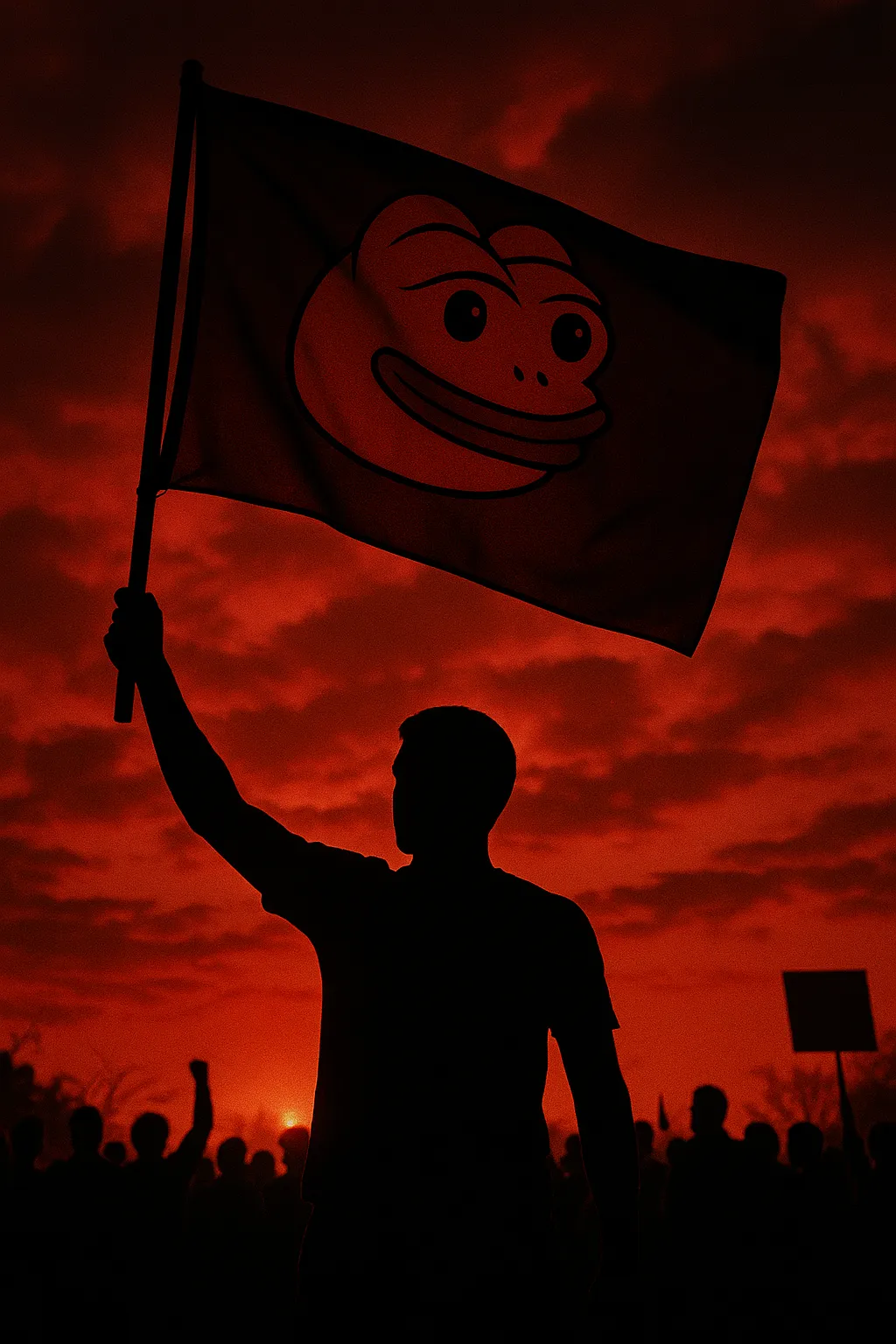Suspected Groyper-Linked Shooter Jailed in Charlie Kirk Killing

Lead A 22-year-old Utah trade school student accused of assassinating conservative activist Charlie Kirk has been jailed and awaits formal charges, amid online speculation tying him to the Groyper movement.
Nut Graf The arrest of Tyler Robinson has reignited scrutiny of Nick Fuentes’s Groyper Army, an alt-right network blamed for earlier confrontations with Kirk, as authorities and social media users debate whether the suspect’s motives stem from extremist ideology or personal grievances.
Early Details of the Arrest
- Tyler Robinson was arrested Friday in Washington County, Utah, following the September 10 shooting at Utah Valley University.
- He is being held without bail and is due in court next week for formal charges of aggravated murder and weapons offenses.
Social Media Speculation
Online posts quickly linked Robinson to the Groyper movement, citing his past social media interactions and ideological leanings. The Groyper Army, led by white nationalist Nick Fuentes, has openly criticized Kirk as a “gatekeeper” of mainstream conservatism since 2019.
Denials and Unverified Claims
- Nick Fuentes denied any connection between his followers and the shooting, calling the allegations “pure evil” and accusing the media of framing his movement without evidence.
- Authorities have not confirmed any ideological motive and continue to investigate Robinson’s background and possible personal disputes.
Broader Far-Right Context
The Groyper Wars of 2019 saw Fuentes’s supporters disrupt Turning Point USA events, challenging Kirk on immigration, LGBTQ issues, and conservative orthodoxy. While some experts warn of growing extremism within fringe right-wing circles, others caution against conflating online rhetoric with criminal intent.
Next Steps in the Case
Robinson’s preliminary hearing is scheduled for next week in Utah County Court, where prosecutors are expected to outline the evidence linking him to the shooting. Investigators continue to sift through his digital footprint to determine whether political ideology played a role or if the act was motivated by other factors.
Categories
Autos and vehicles Beauty and fashion Business and finance Climate Entertainment Food and drink Games Health Hobbies and leisure Jobs and education Law and government Other Politics Science Shopping Sports Technology Travel and transportationRecent Posts
Tags
Archives
08/19/2025 (3) 08/20/2025 (40) 08/21/2025 (27) 08/22/2025 (22) 08/23/2025 (4) 08/24/2025 (21) 08/25/2025 (30) 08/26/2025 (24) 08/27/2025 (29) 08/28/2025 (16) 08/29/2025 (9) 08/30/2025 (13) 08/31/2025 (17) 09/01/2025 (167) 09/02/2025 (124) 09/03/2025 (149) 09/04/2025 (112) 09/05/2025 (72) 09/06/2025 (169) 09/07/2025 (162) 09/08/2025 (150) 09/09/2025 (176) 09/10/2025 (194) 09/11/2025 (194) 09/12/2025 (186) 09/13/2025 (207) 09/14/2025 (159) 09/15/2025 (175) 09/16/2025 (198) 09/17/2025 (196) 09/18/2025 (196) 09/19/2025 (207) 09/20/2025 (129) 09/21/2025 (4)